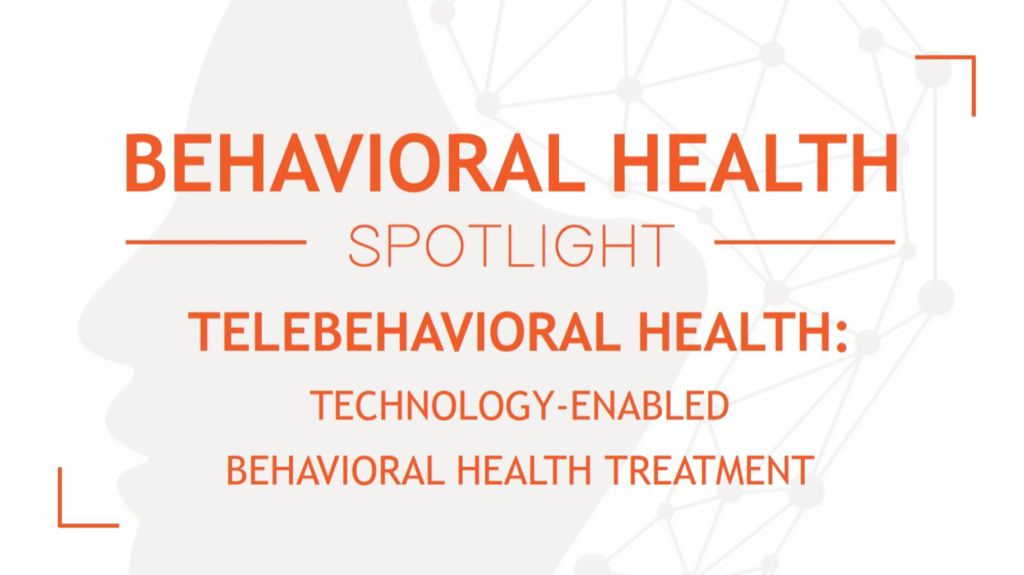5 Tips for Developing COVID-19 Communications
By: Trevis Cage and Eboni Jackson
Throughout the COVID-19 pandemic, communications professionals have been integrally involved in disseminating clear, accurate, and credible information vital to the public health response. COVID-19 created a global health crisis, necessitating a nimble process to respond to, evaluate, and communicate rapidly changing updates and developments. Communications professionals were tasked with keeping up with a continuous flow of new information and sharing this complex information with a broad audience.
Whether you are creating presentations, public service announcements, graphics, or reports, it is important to develop content that is clear, easy to understand, and tailored to the audience. At Bizzell, our experts recognize these challenges and developed tips to follow when developing COVID-19 communications products.
Always Credit Your Source
Always credit your source clearly, especially when sharing numbers and statistical information. This not only identifies where the information originates but provides the audience with reassurance that the information being shared is accurate and trustworthy. Crediting and linking to your source also provides the audience with a resource to learn more and gain insights beyond what has been presented.
Use Plain Language
Health information that includes medical jargon without explanations can be misunderstood or misinterpreted. When developing communication products, use clear, simple language and imagery, spelling out all acronyms upon first reference and providing context when necessary. It is also important to ensure graphics and other visual elements align with the topic or content. When possible, collaborate with an experienced graphic artist or health communications analyst to ensure illustrations are creative and appropriate to the topic.
Consult with an Expert
Consult with an expert to review your materials and provide guidance on health literacy and appropriate language. Some topics may be technical in nature, so it is important to connect with a subject matter expert (SME) to guarantee that complex ideas are being relayed accurately and that you are providing the most clear and accessible information to the public.
Include a Disclaimer
Include a disclaimer at the bottom of your document. For example, a disclaimer can read, “this information is current as of…” or “please visit CDC.gov for more information.” This provides critical information on sourcing to the audience, as well as a mechanism for them to obtain updated information if applicable.
Incorporate Longer Review Times
Finally, incorporate longer review times into your timeline or schedule. Given the complexity of the topic, clients or leadership may need extra time to review your content before public distribution. Review or clearance processes may take longer than normal, so planning and accounting for this additional time helps to ensure you are prepared and avoid any delays in producing material.
While information regarding COVID-19 may continue to change, the use of these tactics will help ensure you are producing products that are clear, trustworthy, timely, and informative. Bizzell has experience developing health communications products and campaigns on various topics—including COVID-19. Learn more about Bizzell’s learning and engagement expertise.





